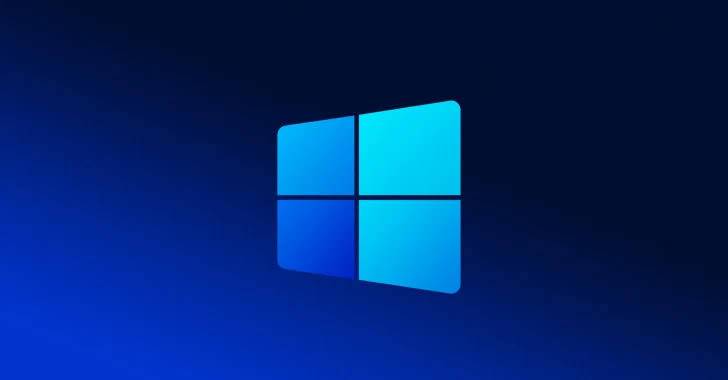Cybersecurity researchers have detailed four different vulnerabilities in a core component of the Windows task scheduling service that could be exploited by local attackers to achieve privilege escalation and erase logs to cover up evidence of malicious activities.
The issues have been uncovered in a binary named “schtasks.exe,” which enables an administrator to create, delete, query, change,
Source: Read More


